Los 10 mejores estados para vivir en Estados Unidos
Top 10 states to live in America
The perception of the "top" states to live in America can vary depending on individual preferences and priorities.
However, based on various factors such as quality of life, economic opportunities, education, healthcare, safety, and natural beauty, the following states are often considered desirable places to live:

California:
California is the most populous state in the U.S. and offers a diverse range of landscapes, from beautiful beaches to majestic mountains.
It has a thriving economy, particularly in the technology and entertainment sectors centered around Silicon Valley and Hollywood.
However, it also has a high cost of living, especially in cities like San Francisco and Los Angeles.
California, also known as the Golden State, is a diverse and dynamic state located on the West Coast of the United States.
Here's more information about California, including average income, living advantages, and disadvantages:
Average Income:
California has a wide range of income levels due to its diverse economy and varying cost of living across the state.
According to the U.S. Census Bureau, the median household income in California was around $80,440 in 2019.
However, it's important to note that income levels can vary significantly depending on the region, industry, and individual circumstances.
Living Advantages:
Economic Opportunities: California boasts one of the largest economies in the world. It is a global leader in industries such as technology, entertainment, aerospace, agriculture, and tourism. The state offers numerous job opportunities and entrepreneurial prospects, particularly in the Silicon Valley area, which is known for its concentration of innovative tech companies.
Cultural Diversity: California is a melting pot of cultures and ethnicities, making it a vibrant and diverse place to live. The state embraces multiculturalism and offers a wide range of cuisines, festivals, and cultural events.
Natural Beauty: California is known for its stunning natural landscapes, including picturesque beaches, towering redwood forests, majestic mountains like the Sierra Nevada and the breathtaking Yosemite National Park. The state offers abundant opportunities for outdoor activities such as hiking, surfing, skiing, and more.
Climate: California enjoys a generally mild climate, with warm summers and relatively mild winters in most regions. The state offers plenty of sunshine, particularly in Southern California, which attracts people who prefer a warmer climate.
Education and Innovation: California is home to renowned universities and institutions such as Stanford University, the University of California system, and the California Institute of Technology. These institutions foster a culture of innovation and provide opportunities for higher education and research.
Living Disadvantages:
High Cost of Living: California has one of the highest costs of living in the United States. Housing prices, particularly in major cities like San Francisco and Los Angeles, are significantly higher than the national average. The cost of groceries, healthcare, and transportation can also be relatively expensive.
Traffic and Congestion: California's large population and urban areas can lead to heavy traffic and congestion, especially in metropolitan regions. Commuting times can be longer, particularly during rush hours.
Housing Affordability: The high cost of housing in California can make it challenging for many residents to find affordable housing options, especially in desirable areas. This can lead to issues of affordability and homelessness in some areas.
Natural Disasters: California is prone to natural disasters such as wildfires, earthquakes, and occasional droughts. While these events are not unique to California, they can present challenges and risks for residents.
Income Inequality: Like many states, California has income inequality, with significant disparities between high-income earners and those with lower incomes. This can impact access to affordable housing, healthcare, and education for some residents.
It's essential to consider personal preferences, lifestyle, and financial situation when deciding whether California is the right place to live.
While the state offers numerous advantages, the high cost of living and other factors may not be suitable for everyone.
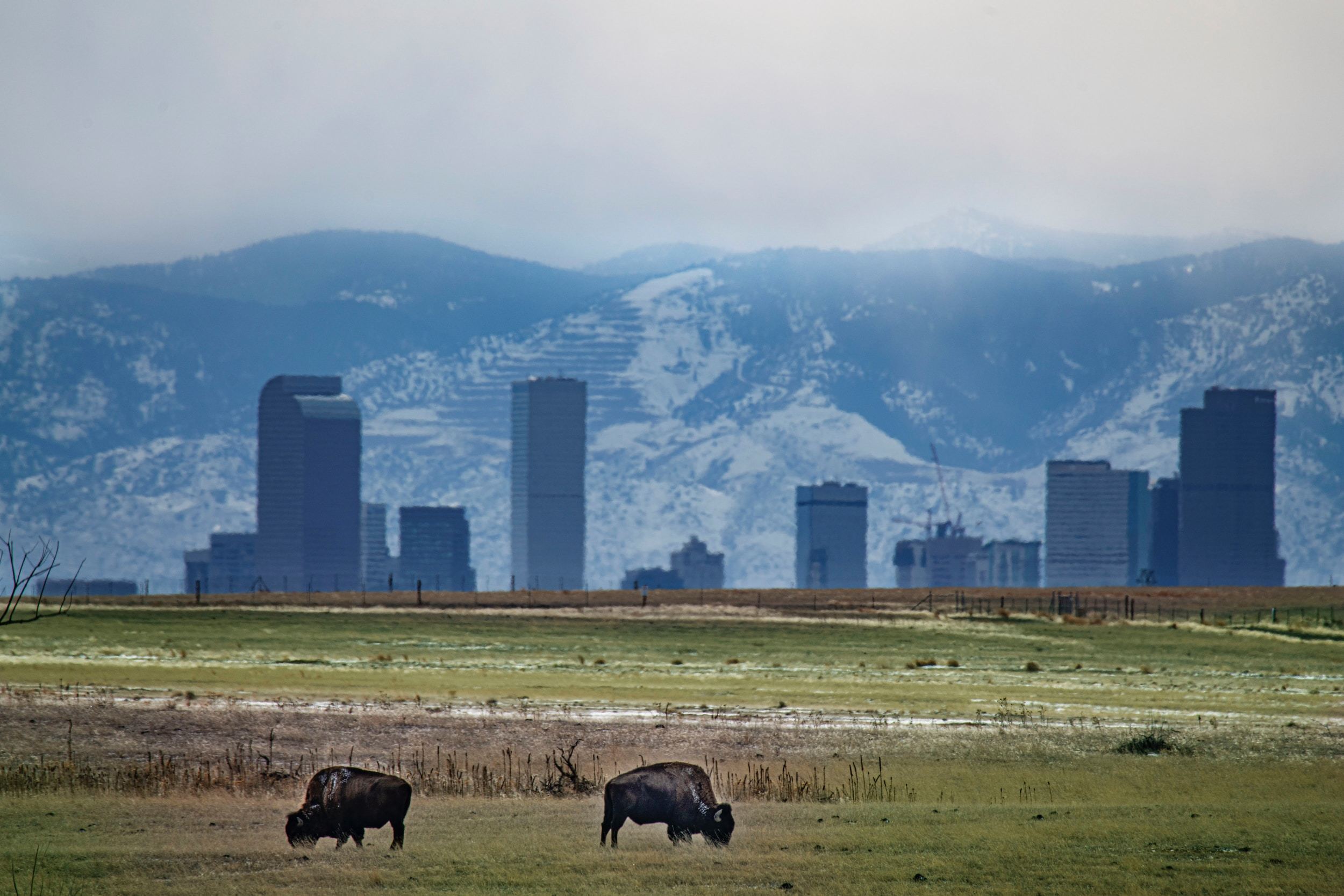
Colorado:
Colorado is renowned for its stunning natural beauty, with the Rocky Mountains providing ample opportunities for outdoor activities like hiking, skiing, and rock climbing.
The state has a strong economy driven by industries such as aerospace, renewable energy, and tourism. Cities like Denver offer a vibrant urban lifestyle with a growing arts and culture scene.
Colorado, also known as the Centennial State, is a scenic state located in the western United States. Here's more information about Colorado, including average income, living advantages, and disadvantages:
Average Income:
Colorado's average income varies based on factors such as location, occupation, and industry. According to the U.S. Bureau of Economic Analysis, the per capita personal income in Colorado was approximately $62,605 in 2019.
It's important to note that income levels can differ significantly across different regions within the state.
Living Advantages:
Natural Beauty: Colorado is renowned for its stunning natural landscapes, including the majestic Rocky Mountains, numerous national parks, and picturesque lakes. The state offers abundant opportunities for outdoor activities such as hiking, skiing, mountain biking, rock climbing, and fishing.
Quality of Life: Colorado consistently ranks highly in terms of quality of life. The state has a relatively low crime rate, good air quality, and a strong emphasis on outdoor recreation and a healthy lifestyle. It also offers a strong sense of community and a welcoming atmosphere.
Strong Economy: Colorado has a diverse and robust economy. It is home to a thriving tech industry, particularly in the Denver metropolitan area, which has earned the nickname "Silicon Mountain." The state also has a flourishing tourism industry, with visitors flocking to its ski resorts, national parks, and other attractions. Other sectors such as aerospace, renewable energy, healthcare, and agriculture also contribute to the state's economy.
Education: Colorado is home to several renowned universities and colleges, including the University of Colorado, Colorado State University, and the Colorado School of Mines. The state places a strong emphasis on education and offers opportunities for higher education and research.
Craft Beer and Culinary Scene: Colorado has a vibrant craft beer scene, with numerous local breweries offering a wide variety of unique and flavorful beers. The state also has a growing culinary scene, with diverse dining options ranging from farm-to-table restaurants to international cuisine.
Living Disadvantages:
Cost of Living: While Colorado's cost of living varies across different regions, it can be relatively high, particularly in popular areas like Denver, Boulder, and ski resort towns. Housing costs, in particular, can be significant, and the competitive real estate market can make finding affordable housing challenging.
Weather Extremes: Colorado experiences a range of weather conditions. Winters can be cold and snowy, especially in the mountainous regions, while summers can bring hot temperatures. Additionally, the state is prone to sudden temperature changes and occasional severe weather events like hailstorms and wildfires.
Population Growth and Traffic: Colorado's population has been steadily growing, which has led to increased traffic congestion, especially in urban areas. Commuting times can be longer, particularly during peak hours.
Altitude and Health Considerations: Colorado's higher elevation can take some time to adjust to, and individuals who are not accustomed to higher altitudes may experience symptoms of altitude sickness. Additionally, people with certain health conditions may need to take precautions or consult with a healthcare professional before moving to or visiting Colorado.
It's important to consider personal preferences, lifestyle, and financial situation when deciding whether Colorado is the right place to live.
While the state offers numerous advantages, the cost of living and other factors may not be suitable for everyone.
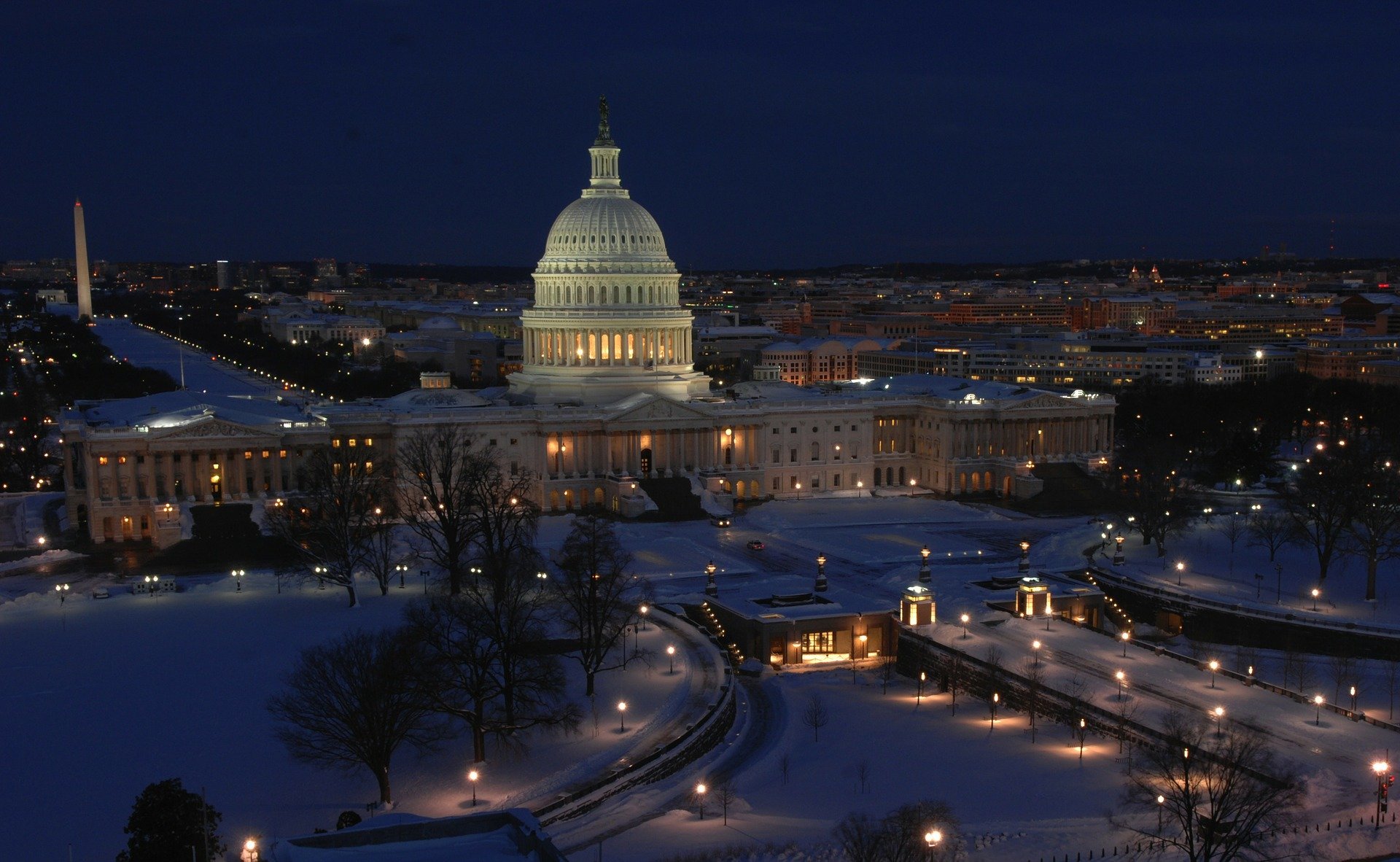
Washington:
Washington state is known for its lush forests, scenic coastlines, and the iconic Mount Rainier. Seattle, its largest city, is a hub for technology companies like Microsoft and Amazon.
The state has a strong focus on sustainability, with a commitment to renewable energy and environmental conservation.
Washington State, also known as the Evergreen State, is located in the Pacific Northwest region of the United States.
Here's more information about Washington State, including average income, living advantages, and disadvantages:
Average Income:
The average income in Washington State varies depending on factors such as location, occupation, and industry. According to the U.S. Bureau of Economic Analysis, the per capita personal income in Washington was approximately $64,680 in 2019. It's important to note that income levels can differ significantly across different areas within the state.
Living Advantages:
Natural Beauty: Washington State is known for its stunning natural landscapes. It is home to the majestic Cascade Mountains, the Olympic National Park, and numerous lakes, rivers, and coastline. The state offers abundant opportunities for outdoor activities such as hiking, camping, fishing, boating, and skiing.
Thriving Economy: Washington has a diverse and thriving economy. It is home to major companies like Microsoft, Amazon, Boeing, and Starbucks. The state has a strong presence in technology, aerospace, e-commerce, software development, biotechnology, and clean energy sectors. This translates to a robust job market and numerous career opportunities.
Vibrant Urban Centers: Washington's major cities, such as Seattle, Tacoma, and Bellevue, offer a vibrant urban lifestyle. They are known for their cultural amenities, including world-class museums, theaters, music venues, and a thriving arts scene. Seattle, in particular, has a reputation for its coffee culture and innovative culinary scene.
Education and Research: Washington is home to respected universities and research institutions, such as the University of Washington and Washington State University. These institutions contribute to a strong educational system and provide opportunities for higher education and research.
Environmental Consciousness: Washington State is committed to environmental sustainability and renewable energy. It has a reputation for being environmentally conscious, with an emphasis on clean energy initiatives, conservation efforts, and sustainable practices.
Living Disadvantages:
Cost of Living: The cost of living in Washington State can be relatively high, especially in urban areas like Seattle. Housing costs, in particular, can be significant, and competition for affordable housing can be fierce.
Traffic Congestion: Traffic congestion is a common issue in Washington's major metropolitan areas, particularly in Seattle. Commute times can be long, especially during peak hours.
Rainy Climate: Washington State is known for its rainy climate, especially in the western part of the state. The lack of consistent sunshine and the prevalence of cloudy and rainy weather can be challenging for those who prefer a drier climate.
Income Inequality: Like many states, Washington has income inequality, with disparities between high-income earners and those with lower incomes. This can impact the affordability of housing, healthcare, and other essential services for some residents.
It's important to consider personal preferences, lifestyle, and financial situation when deciding whether Washington State is the right place to live.
While the state offers numerous advantages, such as natural beauty, a thriving economy, and cultural amenities, the cost of living and other factors may not be suitable for everyone.

Massachusetts:
Massachusetts is rich in history and culture, with iconic cities like Boston offering a blend of old-world charm and modern amenities. The state is home to prestigious universities, leading healthcare institutions, and a diverse economy that includes technology, finance, biotechnology, and education.
Massachusetts, also known as the Bay State, is a northeastern state in the United States.
Here's more information about Massachusetts, including average income, living advantages, and disadvantages:
Average Income:
Massachusetts has a diverse economy, and average incomes vary depending on factors such as location, occupation, and industry. According to the U.S. Bureau of Economic Analysis, the per capita personal income in Massachusetts was approximately $72,230 in 2019. It's important to note that income levels can differ significantly across different regions within the state.
Living Advantages:
Education and Innovation: Massachusetts is home to prestigious universities and colleges, including Harvard University, MIT, and Boston University. The state has a strong emphasis on education and is known for its contributions to research, innovation, and technological advancements. This fosters a culture of intellectual curiosity and provides opportunities for higher education and career growth.
Strong Economy: Massachusetts has a diverse and robust economy. It is a leader in sectors such as healthcare, biotechnology, finance, education, and technology. The state offers a wide range of job opportunities, particularly in the Greater Boston area, which is a hub for innovation and entrepreneurship.
Cultural and Historical Significance: Massachusetts has a rich history and is known for its cultural heritage. It played a significant role in the American Revolution, and cities like Boston are filled with historical landmarks and museums. The state also offers a vibrant arts scene, with world-class museums, theaters, and music venues.
Healthcare and Social Services: Massachusetts has a strong healthcare system and is known for its high-quality medical facilities and research institutions. The state places importance on providing access to healthcare and social services for its residents.
Natural Beauty: Massachusetts offers a variety of landscapes, from charming coastal towns like Cape Cod and Martha's Vineyard to picturesque rural areas and scenic hiking trails. The state also boasts beautiful autumn foliage during the fall season.
Living Disadvantages:
Cost of Living: Massachusetts has a relatively high cost of living, particularly in urban areas like Boston and Cambridge. Housing costs, transportation expenses, and healthcare can be expensive compared to the national average.
Traffic Congestion: Like many densely populated areas, Massachusetts experiences traffic congestion, especially in and around Boston. Commuting times can be lengthy, particularly during peak hours.
Harsh Winters: Massachusetts has cold and snowy winters, which can be challenging for those who are not accustomed to harsh weather conditions. Snowstorms and icy conditions can impact daily life and transportation.
Limited Space: Massachusetts is a small state with limited space for expansion. This can lead to higher population density in certain areas and make finding affordable housing more difficult.
Income Inequality: Massachusetts, like many states, has income inequality. There can be disparities in income levels and access to affordable housing, healthcare, and education.
When considering living in Massachusetts, it's important to take into account personal preferences, lifestyle, and financial situation.
While the state offers advantages such as educational opportunities, a strong economy, and cultural heritage, the cost of living and other factors may not be suitable for everyone.
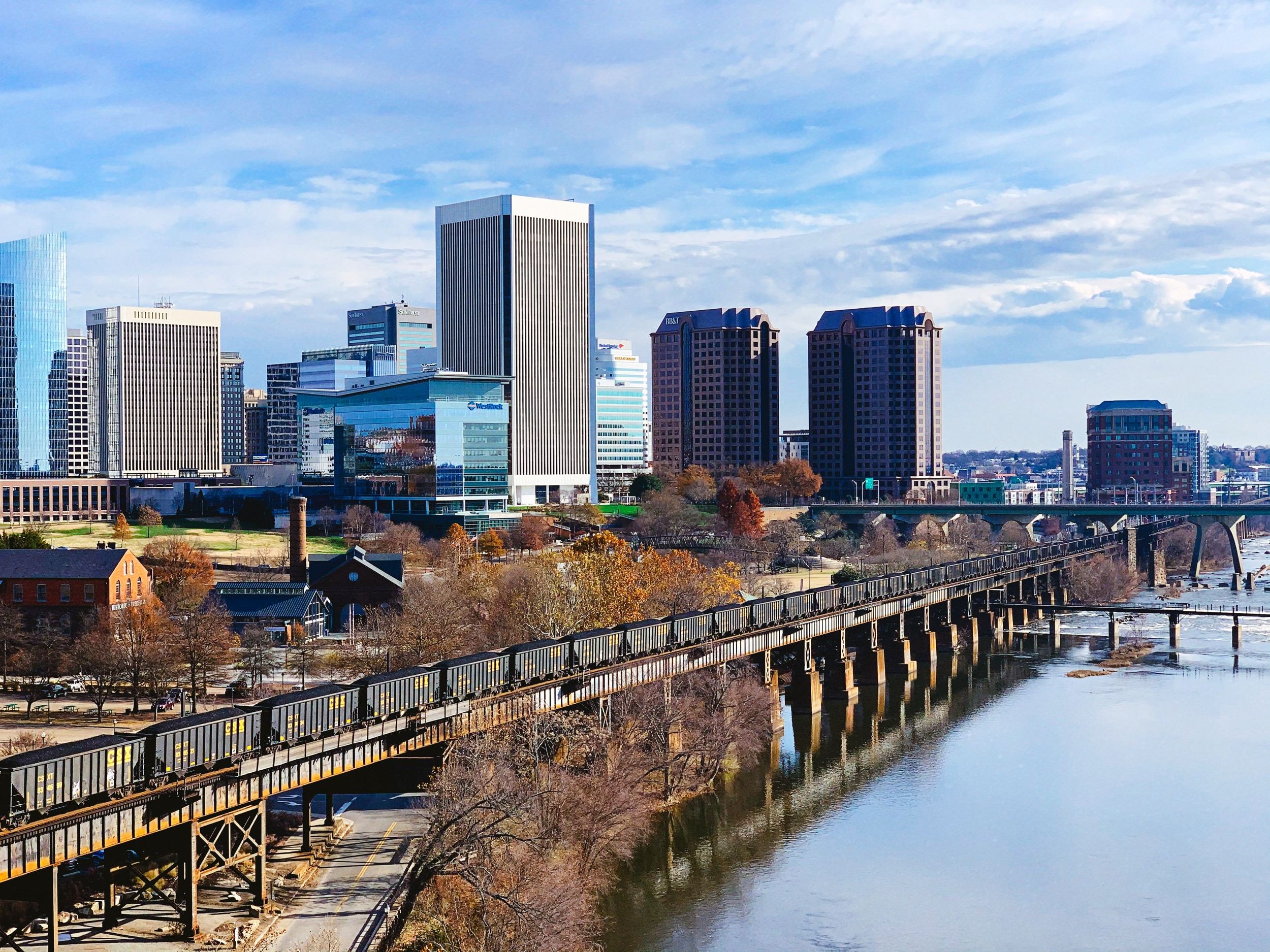
Virginia:
Located on the East Coast, Virginia offers a mix of historical landmarks, picturesque landscapes, and a strong job market.
It has a highly educated workforce, thanks in part to renowned universities like the University of Virginia and Virginia Tech.
The state's proximity to Washington, D.C. provides opportunities in government, defense, and technology sectors.
Virginia, also known as the Old Dominion State, is located on the East Coast of the United States.
Here's more information about Virginia, including average income, living advantages, and disadvantages:
Average Income:
The average income in Virginia varies depending on factors such as location, occupation, and industry. According to the U.S. Bureau of Economic Analysis, the per capita personal income in Virginia was approximately $62,876 in 2019. It's important to note that income levels can differ significantly across different regions within the state.
Living Advantages:
Strong Economy and Job Opportunities: Virginia has a diverse and robust economy. It is home to major defense contractors, technology companies, government agencies, and healthcare institutions. The state offers a wide range of job opportunities, particularly in Northern Virginia, which is known for its technology and government contracting sectors.
Education: Virginia is home to numerous respected universities and colleges, including the University of Virginia, Virginia Tech, and William & Mary. The state places a strong emphasis on education, and its universities contribute to a strong educational system and research opportunities.
Historical and Cultural Significance: Virginia has a rich history, and it played a significant role in the founding of the United States. The state is filled with historical landmarks, museums, and sites such as Colonial Williamsburg, Mount Vernon, and Monticello. Additionally, Virginia offers a vibrant arts and cultural scene, with theaters, music venues, and festivals.
Natural Beauty: Virginia boasts diverse natural landscapes, including the Blue Ridge Mountains, Shenandoah National Park, and the Chesapeake Bay. The state offers opportunities for outdoor activities such as hiking, camping, fishing, and boating. It also has scenic drives and picturesque small towns.
Proximity to Washington, D.C.: Virginia's proximity to the nation's capital, Washington, D.C., provides residents with easy access to cultural attractions, museums, government institutions, and job opportunities. Many people commute from Virginia to work in the D.C. metropolitan area.
Living Disadvantages:
Cost of Living: The cost of living in Virginia can be relatively high, particularly in areas near Washington, D.C., such as Arlington and Alexandria. Housing costs, transportation expenses, and healthcare can be expensive compared to the national average.
Traffic Congestion: Northern Virginia, in particular, experiences significant traffic congestion due to its proximity to Washington, D.C. Commuting times can be long, especially during peak hours.
Weather Extremes: Virginia experiences a range of weather conditions. Summers can be hot and humid, while winters can vary from mild to cold, with occasional snowfall. Severe weather events like hurricanes and tropical storms can also occur.
Income Inequality: Like many states, Virginia has income inequality, with disparities between high-income earners and those with lower incomes. This can impact the affordability of housing, healthcare, and other essential services for some residents.
It's important to consider personal preferences, lifestyle, and financial situation when deciding whether Virginia is the right place to live.
While the state offers numerous advantages, such as a strong economy, educational opportunities, and historical significance, the cost of living and other factors may not be suitable for everyone.
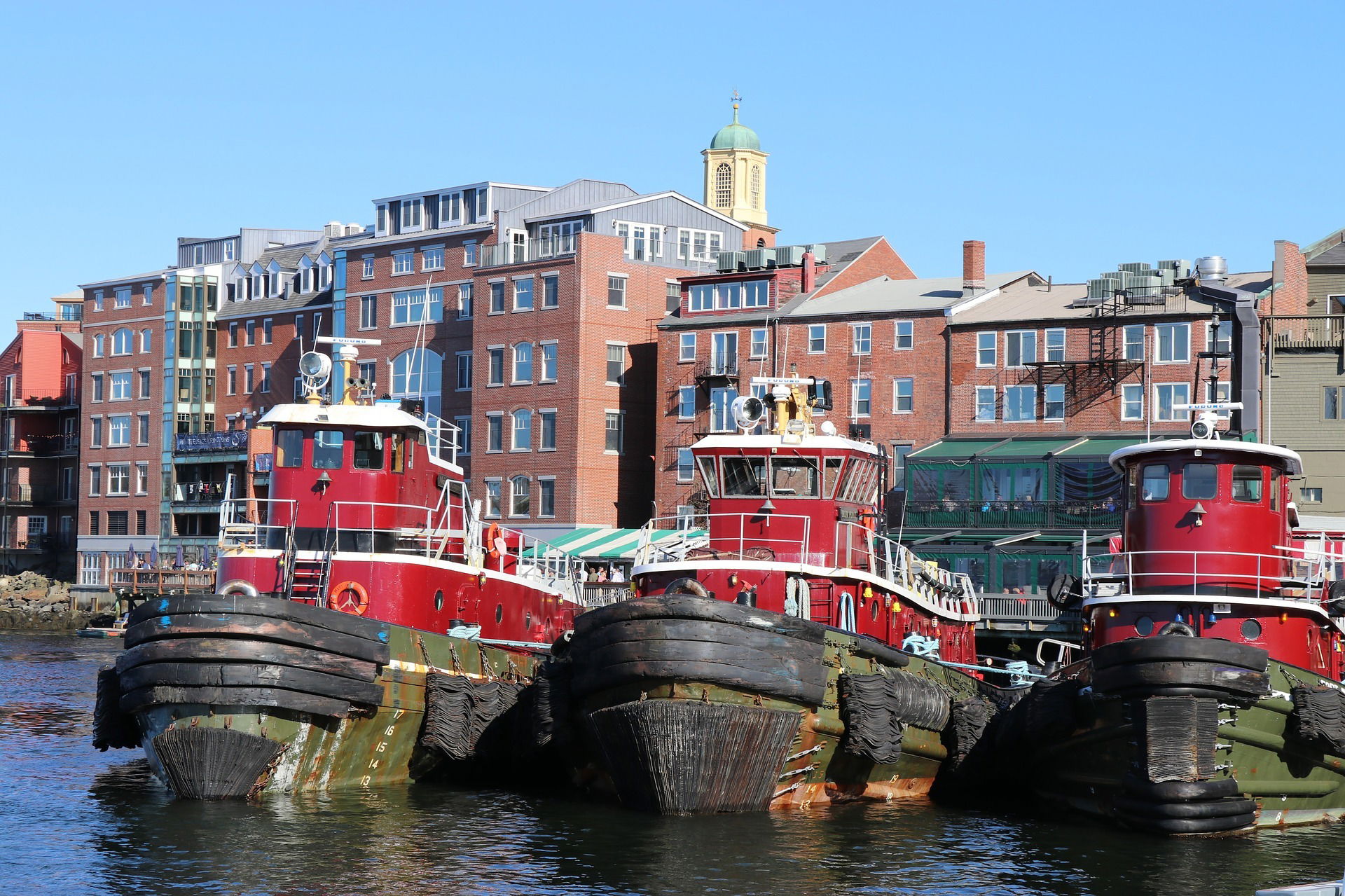
New Hampshire:
New Hampshire is known for its natural beauty, including the White Mountains and pristine lakes.
It has a low crime rate, excellent healthcare, and a high quality of life.
The state has a strong sense of community and is known for its strong commitment to education and outdoor activities.
New Hampshire, also known as the Granite State, is located in the New England region of the United States.
Here's more information about New Hampshire, including average income, living advantages, and disadvantages:
Average Income:
The average income in New Hampshire varies depending on factors such as location, occupation, and industry. According to the U.S. Bureau of Economic Analysis, the per capita personal income in New Hampshire was approximately $58,360 in 2019. It's important to note that income levels can differ significantly across different regions within the state.
Living Advantages:
Low Tax Burden: New Hampshire is known for its low tax burden. The state does not impose a sales tax or income tax on wages and salaries, providing residents with more disposable income compared to many other states. However, it's important to note that New Hampshire does have property taxes and taxes on interest and dividends.
Natural Beauty: New Hampshire offers picturesque landscapes, including the White Mountains, lakes, and forests. The state is renowned for its outdoor recreational opportunities, such as hiking, skiing, snowboarding, fishing, and camping. The fall foliage in New Hampshire is particularly beautiful, attracting visitors from all over.
Quality of Life: New Hampshire consistently ranks highly in various quality of life indices. The state has a relatively low crime rate, excellent schools, and a high standard of living. It offers a mix of rural charm and urban amenities, with small towns and cities like Manchester and Portsmouth providing cultural attractions, dining options, and shopping opportunities.
Proximity to Boston: New Hampshire is located in close proximity to Boston, Massachusetts. This allows residents to take advantage of the job opportunities, cultural attractions, and amenities available in a major metropolitan area while still enjoying the benefits of living in a smaller, more rural state.
Strong Sense of Community: New Hampshire has a strong sense of community, with close-knit neighborhoods and active civic engagement. The state hosts various community events, fairs, and festivals throughout the year, fostering a sense of belonging and camaraderie among residents.
Living Disadvantages:
Cost of Living: While New Hampshire does not have a sales or income tax, the cost of living can be relatively high, especially in certain areas such as the Seacoast region and communities close to the Massachusetts border. Housing costs, healthcare expenses, and utilities can be expensive compared to the national average.
Winter Weather: New Hampshire experiences cold winters with significant snowfall. While this can be appealing to those who enjoy winter sports and activities, it can also pose challenges in terms of travel, snow removal, and seasonal maintenance.
Limited Diversity: New Hampshire has a relatively homogenous population, with limited racial and ethnic diversity compared to some other states. This lack of diversity can impact cultural experiences and perspectives.
Limited Job Opportunities: While New Hampshire offers a good quality of life, it may have more limited job opportunities compared to larger metropolitan areas. Some industries, such as technology and healthcare, have a presence in the state, but the job market may not be as diverse as in major urban centers.
It's important to consider personal preferences, lifestyle, and financial situation when deciding whether New Hampshire is the right place to live.
While the state offers advantages such as a low tax burden, natural beauty, and a high quality of life, the cost of living and other factors may not be suitable for everyone.

Minnesota:
Minnesota is known as the "Land of 10,000 Lakes" due to its abundant water resources.
It offers a high standard of living, excellent education systems, and a strong economy with diverse industries such as healthcare, manufacturing, and technology.
The Twin Cities of Minneapolis and St. Paul provide a thriving cultural scene and a robust job market.
Minnesota, also known as the Land of 10,000 Lakes, is a state located in the Midwestern region of the United States. Here's more information about Minnesota, including average income, living advantages, and disadvantages:
Average Income:
The average income in Minnesota varies depending on factors such as location, occupation, and industry. According to the U.S. Bureau of Economic Analysis, the per capita personal income in Minnesota was approximately $58,920 in 2019. It's important to note that income levels can differ significantly across different regions within the state.
Living Advantages:
Quality of Life: Minnesota consistently ranks highly in terms of quality of life. The state offers a strong sense of community, low crime rates, excellent schools, and a high standard of living. It is known for its clean and safe cities, outdoor recreational opportunities, and cultural attractions.
Natural Beauty: Minnesota is known for its beautiful natural landscapes, including thousands of lakes, forests, and rolling prairies. The state offers opportunities for outdoor activities such as fishing, boating, camping, hiking, and skiing.
Education: Minnesota has a strong educational system, with a high literacy rate and a focus on quality education. The state is home to several renowned universities and colleges, including the University of Minnesota, which contributes to a vibrant intellectual and research culture.
Job Opportunities: Minnesota has a diverse economy with opportunities in various sectors. It is home to major companies in industries such as healthcare, finance, technology, manufacturing, and agriculture. The Twin Cities metropolitan area, in particular, offers a range of job opportunities and a strong job market.
Healthcare: Minnesota has a well-regarded healthcare system, with high-quality medical facilities and research institutions. The state places importance on providing access to healthcare and has relatively high rates of health insurance coverage.
Living Disadvantages:
Harsh Winters: Minnesota experiences long and cold winters with heavy snowfall. The extreme winter weather can be challenging for those who are not accustomed to such conditions. However, it's worth noting that the state also offers winter recreational activities like ice fishing, skiing, and snowmobiling.
Cost of Living: The cost of living in Minnesota can vary depending on the region. While it may not be as high as in some coastal states, certain areas, especially the Twin Cities metro area, can have a higher cost of living compared to the national average, particularly in terms of housing and taxes.
Limited Diversity: Minnesota has a predominantly White population, and racial and ethnic diversity can be limited in some areas. This lack of diversity may impact cultural experiences and perspectives for some individuals.
Distance from Major Cities: While Minnesota has its own urban centers, such as Minneapolis and St. Paul, it may be relatively far from other major cities. Traveling to other parts of the country or internationally may require longer flights or drives.
It's important to consider personal preferences, lifestyle, and financial situation when deciding whether Minnesota is the right place to live.
While the state offers advantages such as a high quality of life, natural beauty, and job opportunities, the harsh winters, cost of living, and other factors may not be suitable for everyone.
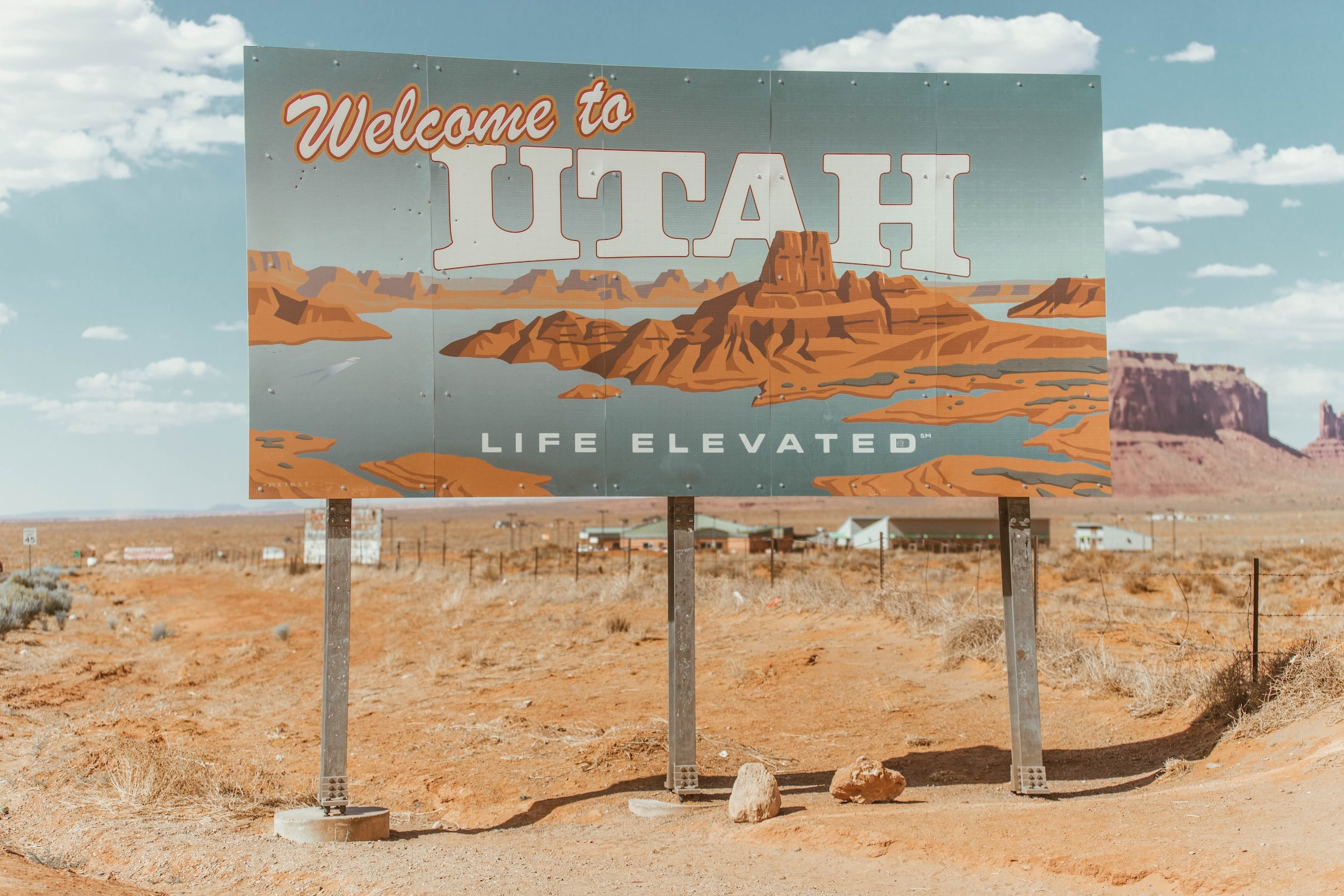
Utah:
Utah is renowned for its stunning national parks, including Zion, Bryce Canyon, and Arches.
It offers numerous outdoor recreational opportunities, such as hiking, skiing, and rock climbing.
The state has a growing economy driven by industries like technology, outdoor recreation, and tourism.
Utah, also known as the Beehive State, is located in the western United States.
Here's more information about Utah, including average income, living advantages, and disadvantages:
Average Income:
The average income in Utah varies depending on factors such as location, occupation, and industry. According to the U.S. Bureau of Economic Analysis, the per capita personal income in Utah was approximately $48,305 in 2019. It's important to note that income levels can differ significantly across different regions within the state.
Living Advantages:
Outdoor Recreation: Utah is renowned for its stunning natural beauty and offers a wide range of outdoor recreational activities. The state is home to several national parks, including Zion National Park, Bryce Canyon National Park, and Arches National Park. Residents and visitors can enjoy activities such as hiking, camping, skiing, snowboarding, fishing, and mountain biking.
Strong Economy: Utah has a robust and diverse economy. It has a growing technology sector, known as Silicon Slopes, with numerous tech companies and startups. The state also has a strong presence in industries such as healthcare, aerospace, finance, and outdoor recreation. The job market in Utah is generally favorable, with low unemployment rates.
Quality of Life: Utah consistently ranks high in terms of quality of life. The state offers a safe and family-friendly environment, with low crime rates and excellent schools. The cost of living, while not the lowest, is relatively moderate compared to some other states in the region.
Cultural and Historical Significance: Utah has a unique cultural heritage influenced by the Church of Jesus Christ of Latter-day Saints (LDS Church). The state is home to various historical sites, including Temple Square in Salt Lake City, which attracts millions of visitors each year. Utah also hosts several cultural events, festivals, and art galleries.
Healthcare: Utah has a well-regarded healthcare system with quality medical facilities and research institutions. The state places importance on providing access to healthcare services, and there are several hospitals and clinics available throughout the state.
Living Disadvantages:
Limited Alcohol Laws: Utah has unique alcohol laws and regulations that may be considered restrictive compared to other states. For example, the state controls the sale of alcoholic beverages through state-run liquor stores and has specific regulations regarding alcohol content and sales.
Air Quality: Some areas in Utah, particularly along the Wasatch Front (including Salt Lake City), experience periodic episodes of poor air quality due to geographic factors and weather inversions. This can result in air pollution and reduced air quality, which may affect individuals with respiratory conditions.
Homogeneity: Utah has a relatively homogenous population, with a majority of residents identifying as members of the LDS Church. This may impact cultural diversity and perspectives for individuals seeking a more multicultural environment.
Climate Extremes: Utah experiences a range of climate extremes. Summers can be hot and dry, while winters can be cold with heavy snowfall, particularly in mountainous regions. The weather conditions may not be suitable for everyone, particularly those who prefer milder climates.
It's important to consider personal preferences, lifestyle, and financial situation when deciding whether Utah is the right place to live.
While the state offers advantages such as outdoor recreational opportunities, a strong economy, and a good quality of life, the unique alcohol laws, air quality issues, and other factors may not be suitable for everyone.

Vermont:
Vermont is known for its charming small towns, covered bridges, and vibrant fall foliage.
It offers a peaceful and environmentally conscious lifestyle, with a strong emphasis on local agriculture and sustainability.
The state has a high quality of education and healthcare systems, making it an attractive place to live.
Vermont, also known as the Green Mountain State, is located in the New England region of the United States.
Here's more information about Vermont, including average income, living advantages, and disadvantages:
Average Income:
The average income in Vermont varies depending on factors such as location, occupation, and industry. According to the U.S. Bureau of Economic Analysis, the per capita personal income in Vermont was approximately $52,755 in 2019. It's important to note that income levels can differ significantly across different regions within the state.
Living Advantages:
Natural Beauty: Vermont is known for its picturesque landscapes, including rolling hills, forests, and the Green Mountains. The state offers abundant opportunities for outdoor activities such as hiking, skiing, snowboarding, fishing, and leaf-peeping during the fall foliage season.
Quality of Life: Vermont consistently ranks highly in terms of quality of life. The state has a small-town charm, a low crime rate, and a strong sense of community. It offers a relaxed and peaceful lifestyle, with a focus on sustainability and environmental conservation.
Education: Vermont has a strong educational system, with a high literacy rate and a commitment to quality education. The state is home to several esteemed colleges and universities, including the University of Vermont and Middlebury College.
Local Agriculture and Food Culture: Vermont is known for its thriving local food scene and commitment to sustainable agriculture. The state produces a variety of organic and artisanal food products, including maple syrup, cheese, and craft beer. Residents can enjoy access to fresh, locally sourced food and vibrant farmers' markets.
Healthcare: Vermont has a relatively high-quality healthcare system, with access to medical facilities and services. The state places importance on public health initiatives and has a focus on wellness and preventive care.
Living Disadvantages:
Cost of Living: The cost of living in Vermont can be relatively high compared to the national average. Housing, utilities, and healthcare costs may be more expensive, particularly in popular areas such as Burlington and resort towns like Stowe.
Rural Nature: Vermont is predominantly rural, and some areas may have limited access to amenities and services. Residents may need to travel greater distances for certain goods and services, and job opportunities may be more limited, particularly in certain industries.
Harsh Winters: Vermont experiences cold winters with heavy snowfall. While this can be appealing to winter sports enthusiasts, it can also present challenges in terms of travel, snow removal, and seasonal maintenance.
Limited Diversity: Vermont has a relatively homogenous population, with limited racial and ethnic diversity compared to some other states. This lack of diversity may impact cultural experiences and perspectives.
It's important to consider personal preferences, lifestyle, and financial situation when deciding whether Vermont is the right place to live.
While the state offers advantages such as natural beauty, a high quality of life, and a strong sense of community, the cost of living and other factors may not be suitable for everyone.

Texas
Texas is the second-largest state in the U.S. and offers a wide range of landscapes, from coastal beaches to vast deserts. It has a strong economy, particularly in sectors like energy, technology, and aerospace.
Texas is known for its friendly residents, unique culture, and diverse cuisine. Major cities like Houston, Austin, and Dallas provide a variety of entertainment, dining, and job opportunities.
Texas, also known as the Lone Star State, is the second-largest state in the United States by both area and population.
Here's more information about Texas, including average income, living advantages, and disadvantages:
Average Income:
The average income in Texas varies depending on factors such as location, occupation, and industry. According to the U.S. Bureau of Economic Analysis, the per capita personal income in Texas was approximately $50,616 in 2019. It's important to note that income levels can differ significantly across different regions within the state.
Living Advantages:
Job Opportunities: Texas has a robust and diverse economy, offering a wide range of job opportunities across various industries. The state is known for its oil and gas industry, but it also has a strong presence in sectors such as technology, healthcare, manufacturing, agriculture, and aerospace. Texas has a favorable business environment, with low taxes and fewer regulations than some other states.
Cost of Living: Texas generally has a lower cost of living compared to many other states in the U.S. Housing, utilities, and consumer goods tend to be more affordable, particularly in smaller cities and rural areas. However, some urban areas, such as Austin and Dallas, may have a higher cost of living.
No State Income Tax: One significant advantage of living in Texas is that the state does not levy a personal income tax. This can result in more take-home pay for residents and can be particularly beneficial for individuals with higher incomes.
Cultural Diversity: Texas is known for its cultural diversity, influenced by its history and its proximity to Mexico. The state has a rich blend of different cultures, traditions, and cuisine, offering residents a vibrant and diverse cultural experience.
Outdoor Recreation: Texas offers a wide range of outdoor recreational activities due to its diverse geography. Residents can enjoy activities such as hiking, fishing, hunting, camping, boating, and visiting state parks. The Gulf Coast provides opportunities for beach activities, and the state has several mountainous regions for hiking and skiing.
Living Disadvantages:
Extreme Weather: Texas experiences a wide range of weather conditions, including hot summers and occasional severe weather events such as hurricanes and tornadoes. Some areas of the state are prone to droughts, while others may face flooding.
Transportation Challenges: Texas is a large state, and traveling within the state or to neighboring states can involve long distances. Public transportation options may be limited in some areas, particularly rural regions, making personal vehicles a necessity for many residents.
Education System: The quality of public education in Texas can vary across school districts. While the state is home to several esteemed universities and colleges, the overall public education system has faced challenges in terms of funding and performance.
Limited Healthcare Access: Some rural areas of Texas may have limited access to healthcare facilities and services. The state has lower rates of health insurance coverage compared to the national average, which can impact healthcare affordability and accessibility for some residents.
It's important to consider personal preferences, lifestyle, and financial situation when deciding whether Texas is the right place to live.
While the state offers advantages such as job opportunities, a lower cost of living, and cultural diversity, the extreme weather, education system, and other factors may not be suitable for everyone.
These states offer a combination of natural beauty, economic opportunities, cultural amenities, and quality of life that make them desirable places to live for many people.
However, it's important to consider individual preferences and priorities when choosing a place to live, as what may be ideal for one person may not be the same for another.
Comentarios